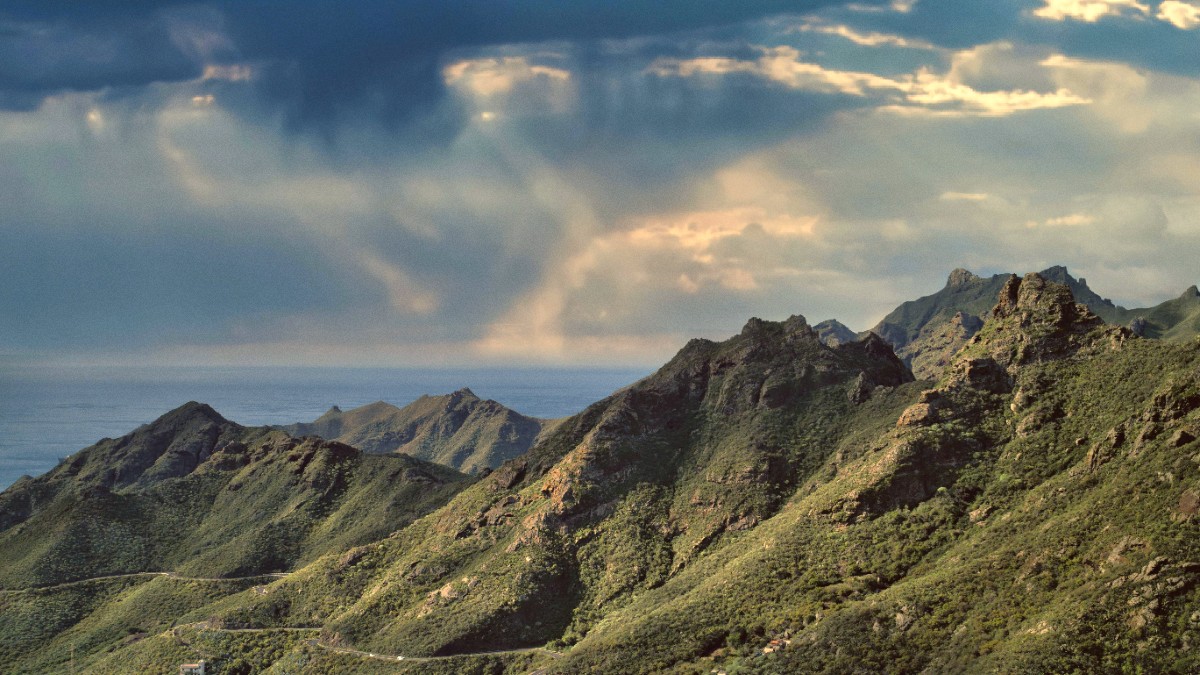
Tenerife, Canary Islands
The Canary Islands have a high UV index. Sunburn and heatstroke can occur. Jellyfish stings are rare but sometimes happen along coastal areas. Extensive walking may cause foot blisters.
Carry a Reusable water bottle to stay hydrated. Bottled water is available. Wear comfortable, broken-in Walking shoes or hiking boots and carry Moleskin. Check local warnings at beaches for jellyfish.
Santa Cruz de Tenerife has major public hospitals with emergency services, like Hospital Universitario Nuestra Señora de La Candelaria. Private clinics often have quicker access and English-speaking staff, but you would pay out-of-pocket or through travel insurance.
Pharmacies (), marked by a green cross, are common. They offer advice for minor issues and dispense medications. Look for "Farmacia de Guardia" for 24-hour pharmacies. Tap water is generally safe to drink, though many find its taste unappealing due to desalination and chlorination. Bottled water is widely available.
Stay vigilant in crowded areas.
Santa Cruz de Tenerife is generally a safe city with low crime.
Pickpocketing and bag snatching occur in crowded tourist spots (Mercado Nuestra Señora de África, city center, bus stations), especially during Carnival. Avoid open display of valuables.
Exercise caution in nightlife areas.
These are very safe and quiet.
Watch your drinks and avoid walking alone in poorly lit areas.
Be aware of island's geology.
Mount Teide is active but closely monitored; significant eruptions are rare. Emergency protocols are in place.
Wildfire risk increases in hot, dry summers in rural areas. Flash flooding is rare but possible during intense rains; avoid flooded ravines.
A comprehensive policy covering medical emergencies, trip interruption, baggage loss, and personal liability is advisable. Ensure your policy covers any adventure activities like hiking or diving.
If your passport or other important documents are lost or stolen, report it to the local police immediately for a police report. Then, contact your embassy or consulate for help with emergency travel documents or a new passport.
112 (Police, Ambulance, Fire; operators often speak multiple languages).
092
091
061
Keep their contact details handy.
Careful packing ensures comfort and readiness for Santa Cruz's varied climate and activities.
Santa Cruz de Tenerife has a subtropical climate, generally warm. However, the island's varied terrain, from sea level to high mountains, calls for adaptable clothing choices.
Dress code in Santa Cruz is generally relaxed. Swimwear is only for beaches/pools. Modest attire (covered shoulders/knees) is respectful at religious sites.
Staying connected and powered up simplifies travel logistics.
Your health and wellness items ensure comfort and readiness for potential issues.
Be ready for common travel issues. Medicines for altitude or motion sickness are useful for mountainous roads or Teide's height. Be sure to have appropriate sun and insect protection.
For remote hiking, consider a Portable water filter.
The Canarian sun is strong. Keep your skin safe.
Pack high SPF Sunscreen and Lip balm with SPF.
Do not forget After-sun lotion for soothing skin.
Mosquitoes are present, especially in warmer months and near stagnant water.
A Repellent with DEET or picaridin (Sawyer Products Picaridin Insect Repellent) is effective.
Do not forget insect bite cream.
A well-stocked first aid kit can address minor ailments and injuries.
Include motion sickness tablets and blister treatment.
Consider an Adventure Medical Kit for compact readiness.
| Activity | Recommended Items to Bring | Items to Rent Locally |
|---|---|---|
| Hiking | A Daypack, Sturdy hiking boots, Trekking poles (optional). | Specialized gear like full climbing equipment. |
| Snorkeling/Diving | Your own mask and fins (Full face snorkel mask). Small dry bags for electronics. | Full diving gear (tanks, BCDs). |
| Beach/Swimming | Quick-drying beach towel, Portable beach mat. | Surfboards, paddleboards. |